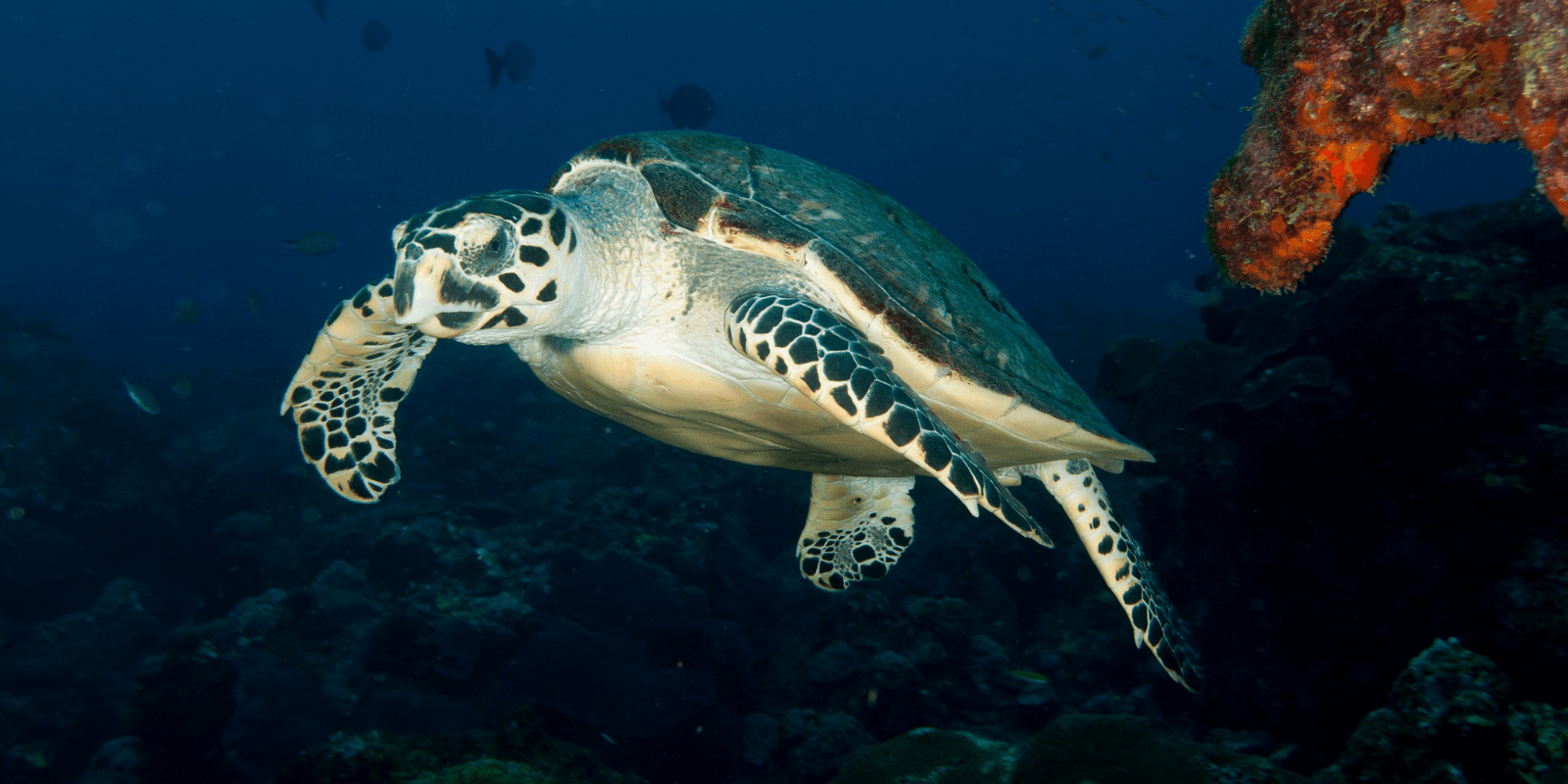We have much more to do and your continued support is needed now more than ever.
Protect Sea Turtles and Other Multinational Species: Support the WILD Act

Wildlife across America and around the globe are in crisis, with more than one-third of all species at risk of potential extinction in the decades ahead. Loss of habitat, attacks from invasive species and diseases, a changing climate, and other threats are all contributors to this decline.
The WILD Act would reauthorize the Multinational Species Conservation Funds, which have been conserving some of the world’s most iconic animals for nearly 30 years, including sea turtles, gorillas, elephants, rhinos, and tigers.
In the United States, sea turtles especially need help. While once abundant, marine turtle populations now are a fraction of what they once were. In the U.S. and internationally, they are being killed by poachers for their eggs, meat, and shells; by man-made disasters such as oil spills; accidental or intentional capture in fishing nets, trawls and hooks; and the degradation of grass beds and coral reefs that they rely on. Sea turtles are also being poisoned by harmful algal outbreaks and their nesting beaches are being degraded by rising sea levels and hurricanes. The WILD Act would ensure better turtle protections by reauthorizing the Marine Turtle Conservation Fund.
This fund protects threatened and endangered sea turtles by helping to build partnerships in over 40 countries to protect sea turtles and their nesting habitats. Because marine turtles migrate vast distances throughout the oceans, successful conservation requires close cooperation among countries sharing the same oceans.
Grants also support efforts to fight poaching and illegal trafficking, increase habitat protection by creating national parks and protected areas, and create long-term buy-in and stewardship for conservation within local communities. It is this type of collaborative, public-private partnership that is key in protecting endangered species across the globe.
Theodore Roosevelt Genius Prize
This bill also takes a new and unique approach to advancing conservation, offering a series of prizes in areas of critical environmental concern. The prizes are fittingly named after President Theodore Roosevelt, one of our nation’s greatest conservation leaders. They are designed to encourage innovative responses to some of the most serious challenges we face in managing and protecting wildlife: poaching and trafficking, conservation, invasive species, and endangerment.
Incentive for Private Land Owners

The WILD Act also reauthorizes a leading conservation program, the Partners for Fish and Wildlife Program. This is a voluntary, incentive-based program that provides direct technical assistance and financial assistance in the form of cooperative agreements to private landowners to restore and conserve habitat for migratory birds, endangered and threatened species, and other federal trust wildlife.
Invasive Species
Additionally, the Wild Act improves invasive species control and management on federal lands by amending the Fish and Wildlife Coordination Act. An invasive species is defined as a species that is non-native to the ecosystem and whose introduction causes or is likely to cause economic or environmental harm or harm to human health. We need much stronger on-the-ground control efforts both on and off federal lands. It is also important to avoid any accidental harm to wildlife or their habitats, so while the bill specifies “least cost methods,” these methods must minimize ecological risks to native species and natural habitats.
The WILD Act’s companion bill has already passed the Senate with sponsors from both parties. In the House, the bill has been referred to the Subcommittee on Water, Power and Oceans. Please join us and call on you representatives to cosponsor the Wild Act, H.R. 5885.





















